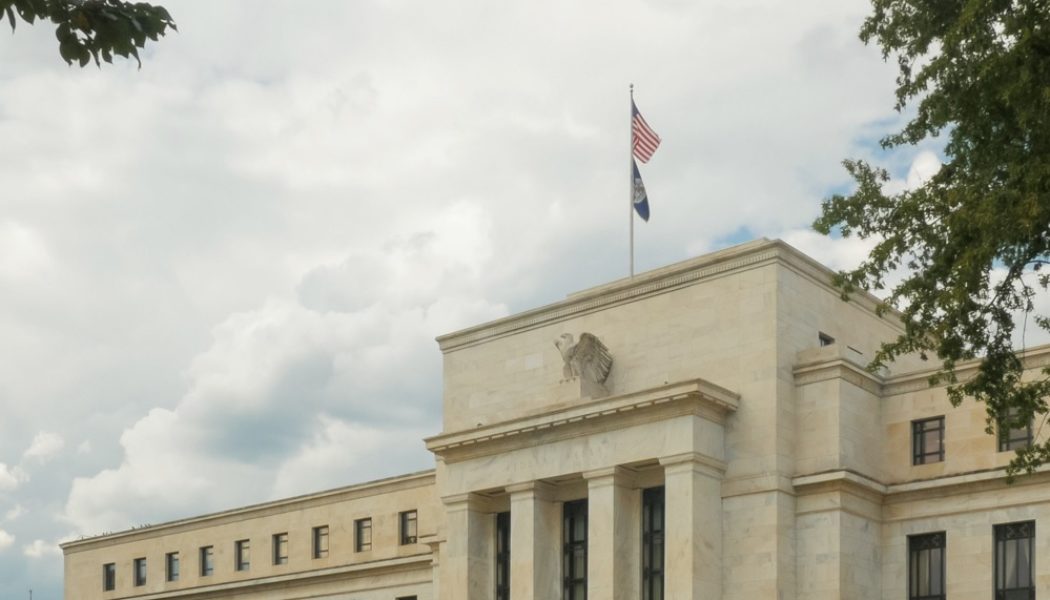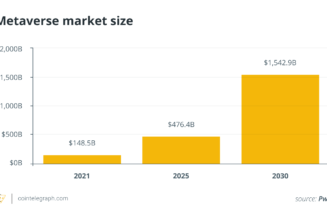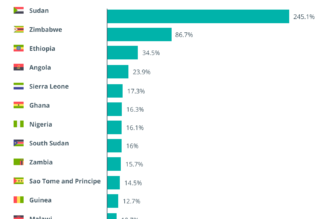
Tom Emmer has previously shown a preference for a decentralised digital currency as it would uphold user privacy and retain the elements of cash
The US representative for Minnesota’s 6th congressional state, Tom Emmer, revealed yesterday that he intends to introduce new regulations around crypto. The proposed law from Emmer, who had hinted of it a day earlier, would bar the Federal Reserve from conducting any activity as a retail ban.
In effect, it would prevent the Fed from issuing a central bank digital currency directly to consumers in the US. He insisted that unlike other countries, such as China, that have developed tokens lacking the “benefits and protections of cash,” a US digital currency should guarantee privacy to users and retain the US dollar’s hegemonic status.
Privacy, innovation, and the Dollar’s dominance at the heart of it
Emmer further explained that CBDCs that are not built with these pillars in mind would make users’ privacy vulnerable. In that way, an institution like the Fed could muster itself into a retail bank and easily collect personal information. He warned that such a body could also track user transactions for an indeterminate period.
“Not only would this CBDC model centralise Americans’ financial information, leaving it vulnerable to attack, but it could also be used as a surveillance tool that Americans should never tolerate from their own government,” Emer explained.
The Minnesota rep cautioned that were the Fed to require that users open an account with it to access a CBDC, the US would be on a path emulating “China’s digital authoritarianism.”
He also noted that it was imperative that the Fed is not allowed to offer retail banking, adding that the minimums for any CBDC developed in the US were openness, privacy and a permissionless nature.
“Regardless, any CBDC implemented by the Fed must be open, permissionless, and private. This means that any digital dollar must be accessible to all, transact on a blockchain that is transparent to all, and maintain the privacy elements of cash,” Emmer opined.
He also maintained that to retain the Dollar’s status into the digital age, the US needs to ensure that it takes an approach prioritising innovation rather than one in competition with the private sector (other cryptocurrencies).
Notably, though the text in his bill was quite brief, it keenly suggested amendment of Section 13 of the Federal Reserve Act include a clause that reads,
“Except as specifically authorised under this Act, a Federal reserve bank may not offer products or services directly to an individual, maintain an account on behalf of an individual, or issue a central bank digital currency directly to an individual.”
[flexi-common-toolbar] [flexi-form class=”flexi_form_style” title=”Submit to Flexi” name=”my_form” ajax=”true”][flexi-form-tag type=”post_title” class=”fl-input” title=”Title” value=”” required=”true”][flexi-form-tag type=”category” title=”Select category”][flexi-form-tag type=”tag” title=”Insert tag”][flexi-form-tag type=”article” class=”fl-textarea” title=”Description” ][flexi-form-tag type=”file” title=”Select file” required=”true”][flexi-form-tag type=”submit” name=”submit” value=”Submit Now”] [/flexi-form]










Tagged: CBDC, crypto blog, Crypto news, Policy and Regulation, US Dollar, USA